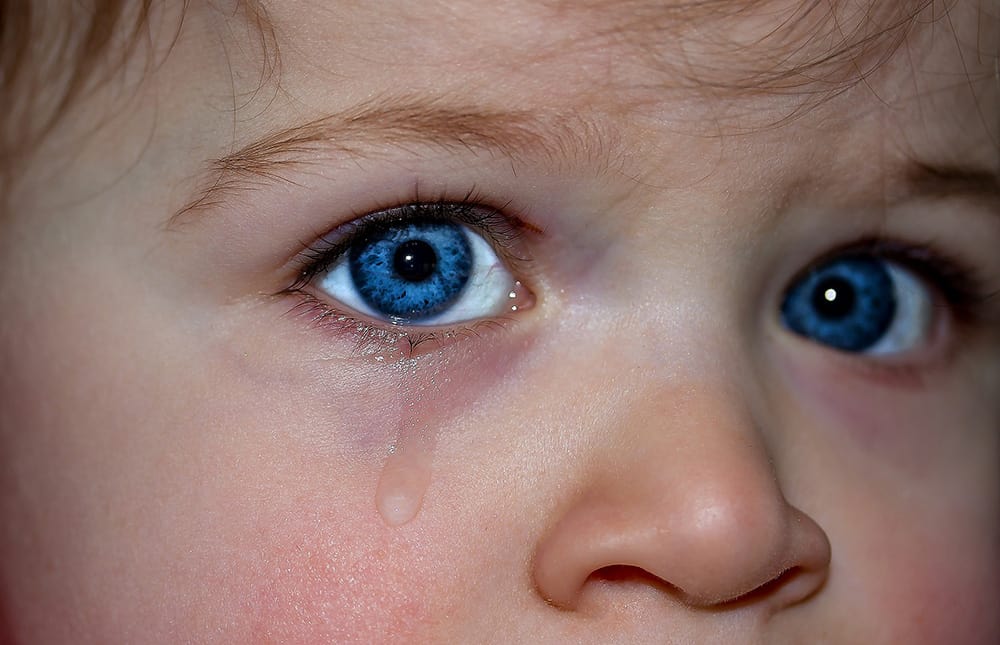Disabled children deprived of their right to an education & community life
A review of the care of disabled children and young people with challenging behaviour and complex mental health needs is calling for urgent action. The review highlights the need for action at a national level to prevent these children being institutionalised from an early age, at a huge cost to the taxpayer and with low ambitions for improving their lives.
The review, conducted by Dame Christine Lenehan from the Council for Disabled Children on behalf of the Department of Health, drew evidence from civil servants, clinicians, managers, parents and young people.
It found that despite numerous Government initiatives – accelerated since the abuse of people with learning disabilities was uncovered at Winterbourne View – there is not a clear vision for the treatment of children with complex needs involving challenging behaviour and a mix of mental health problems, learning disabilities and autism. A lack of ownership or accountability across a fragmented system of care is depriving children of their right to an education, and community and family life.
Data to be published in the spring finds that there were 170 under-18s with learning disabilities and/or autism in inpatient care and 635 aged 18-25. Over a thousand children (1,129) were in 52-week residential schools. The costs of inpatient care and treatment for each of these children could amount to hundreds of thousands of pounds each year.
The review confirms that this is not a group of children ignored by Government programmes, and there are examples of excellent inpatient care from the highly committed staff, but despite this, the system is failing to significantly improve lives.
Christine Lenehan, Director of the Council for Disabled Children said: “There’s a well-worn path for this group of disabled children, away from their home communities into long term placements that often act a last resort. Hidden and separated from the rest of society, these children become‘special cases’, for whom the aspirations we have for other children and young people don’t apply. We urgently need a shift in thinking, so that ‘these’ children are recognised as ‘our’ children, as members of our communities with exactly the same rights to health and education, and family and community life.
The review looks at what could be done by government and other national bodies to improve the system. It calls for:
Better human rights – The right to a childhood, conferred by the United Nations Convention on the Rights of the Child, must be upheld for disabled children with complex needs and behaviour that challenges, with these rights recognised by the NHS Constitution, Department of Education, Department for Health and local commissioners.
Better understanding – The Review calls on the Department for Education to review provision in Special Schools and Colleges for this group of children. DfE has agreed and has commissioned Dame Christine Lenehan to conduct this work in 2017. The Department for Health and NHS England should also undertake an urgent review of the number of these young people aged 18-25 currently in inpatient provision.
A model of care – The Department for Education work with Transforming Care Partnerships, the Association of Director’s Services and the Local Government Association to develop an effective model of what care for these children should look like.
Professional responsibility – That every one of these children in an inpatient setting, or at risk of going into one, has a named key worker from either health or local authority services to help the young person and their family navigate the system. Furthermore, the Royal College of Psychiatrists, the Royal College of Paediatrics and Child Health, the Royal College of General Practitioners and other royal colleges should clarify the responsibility of medical and other professionals for these children, and jointly develop guidance to ensure respective roles are widely and consistently understood.
Alignment of national programmes and local commissioning – The Department of Health, Department for Education, Department for Communities and Local Government and NHS England should work together to align initiatives such as Transforming Care, Integrated Personal Commissioning, Continuing Care and SEND Reforms which apply to this group.
Better commissioning of services – Local authorities and Clinical Commissioning Groups should commission services for these children in their local areas, that recognise the value of early intervention, are based on the needs and concerns of families, and that can respond to emergencies whenever they occur.
For further details, visit HERE


